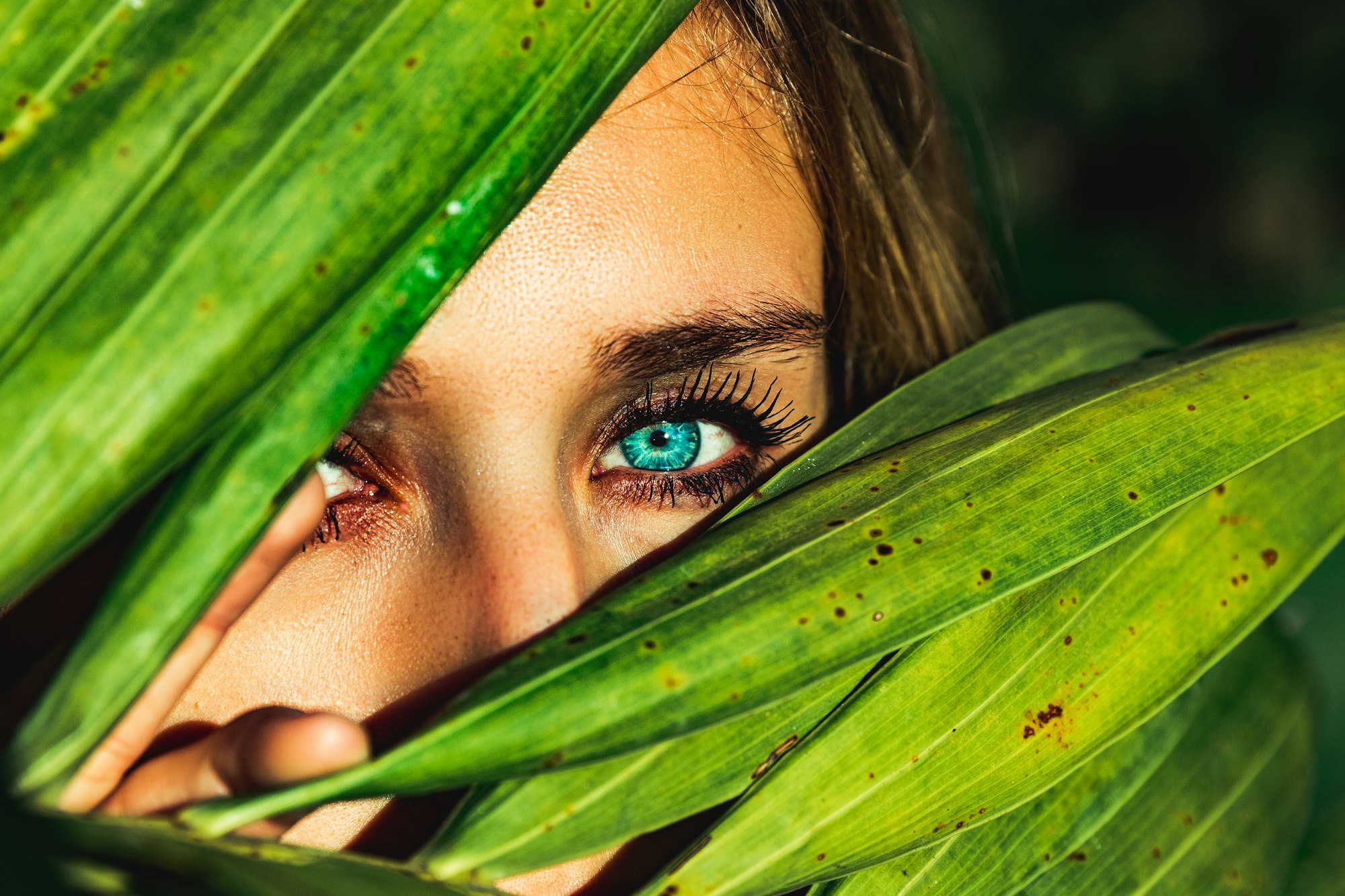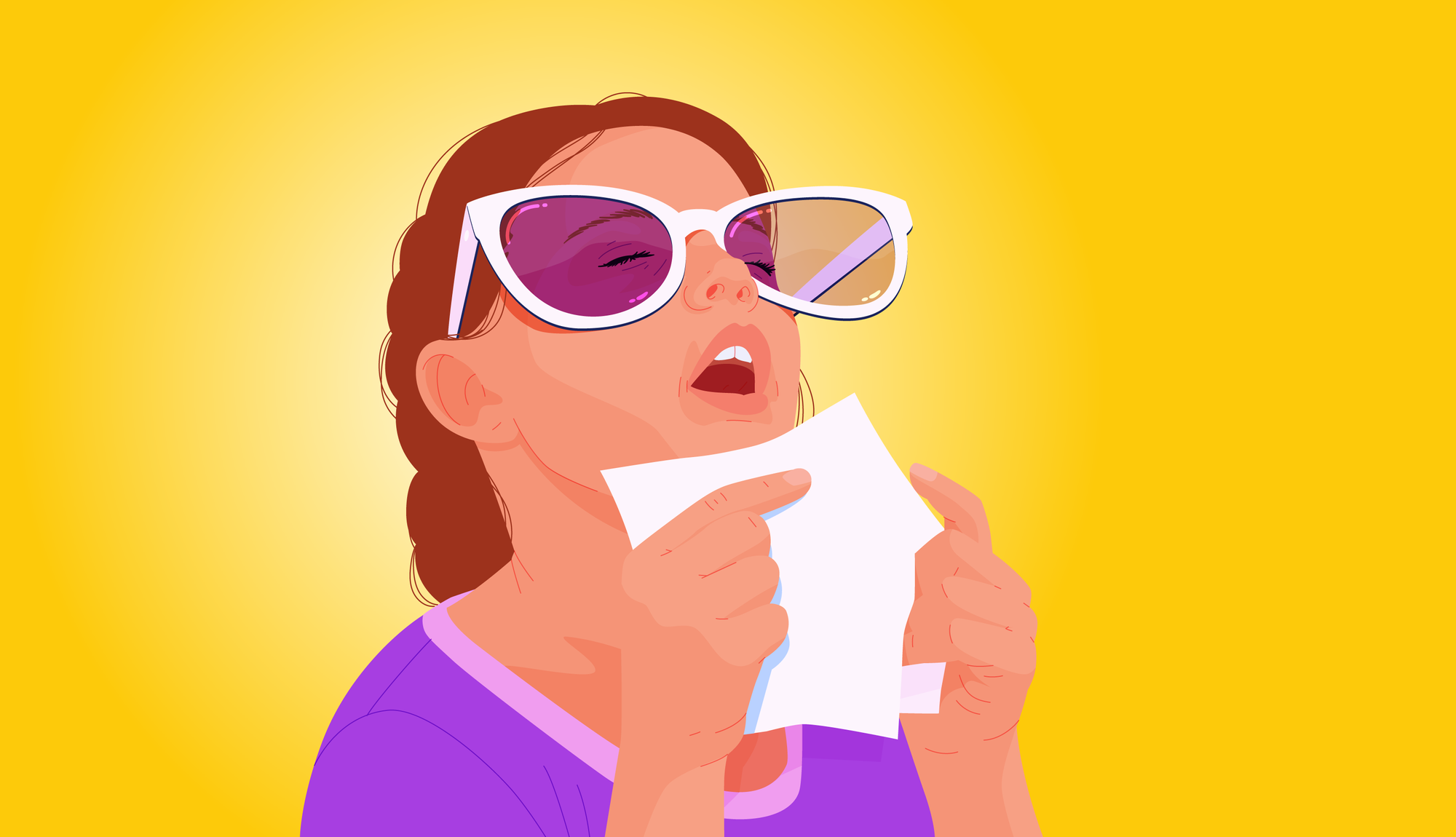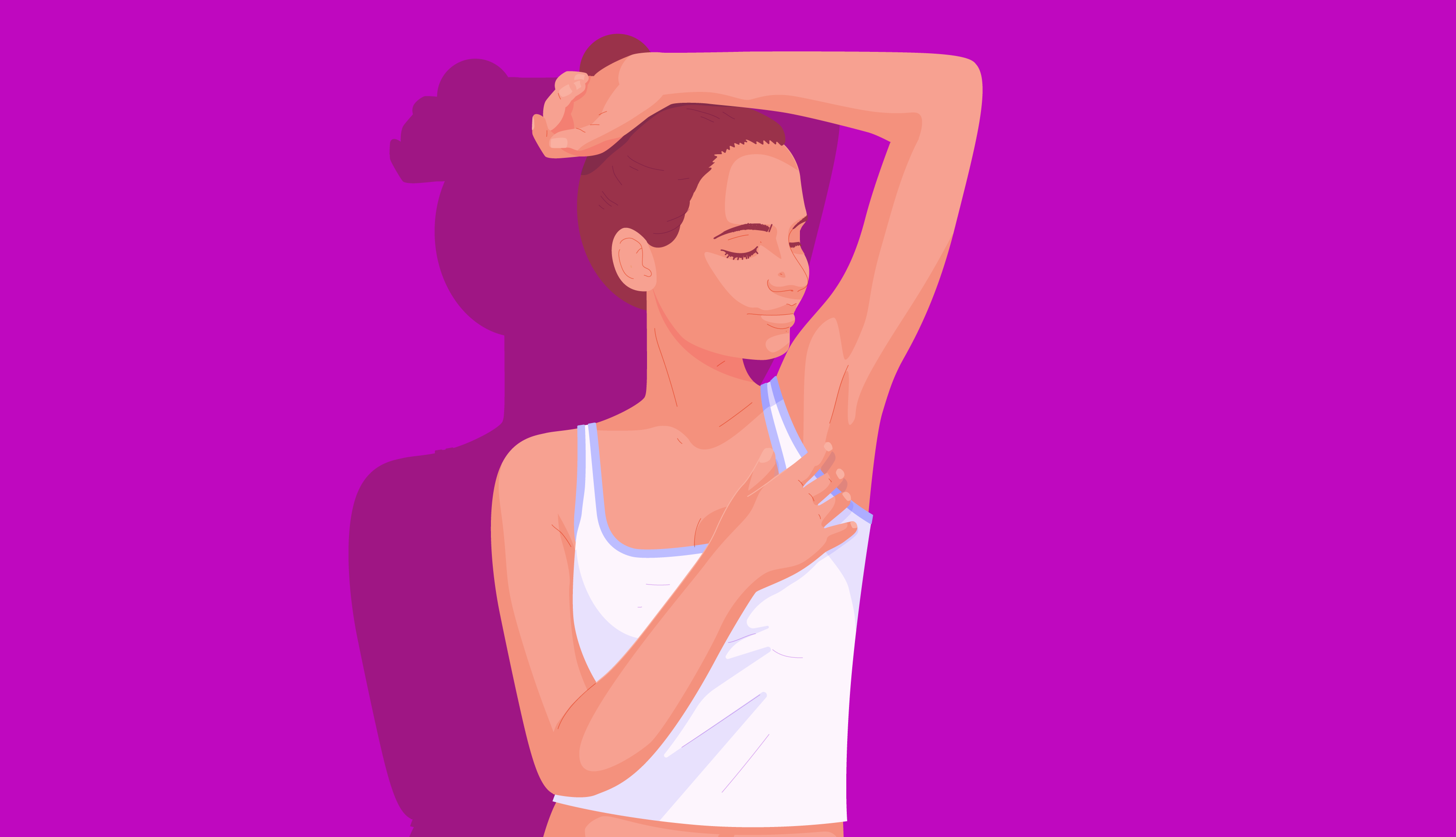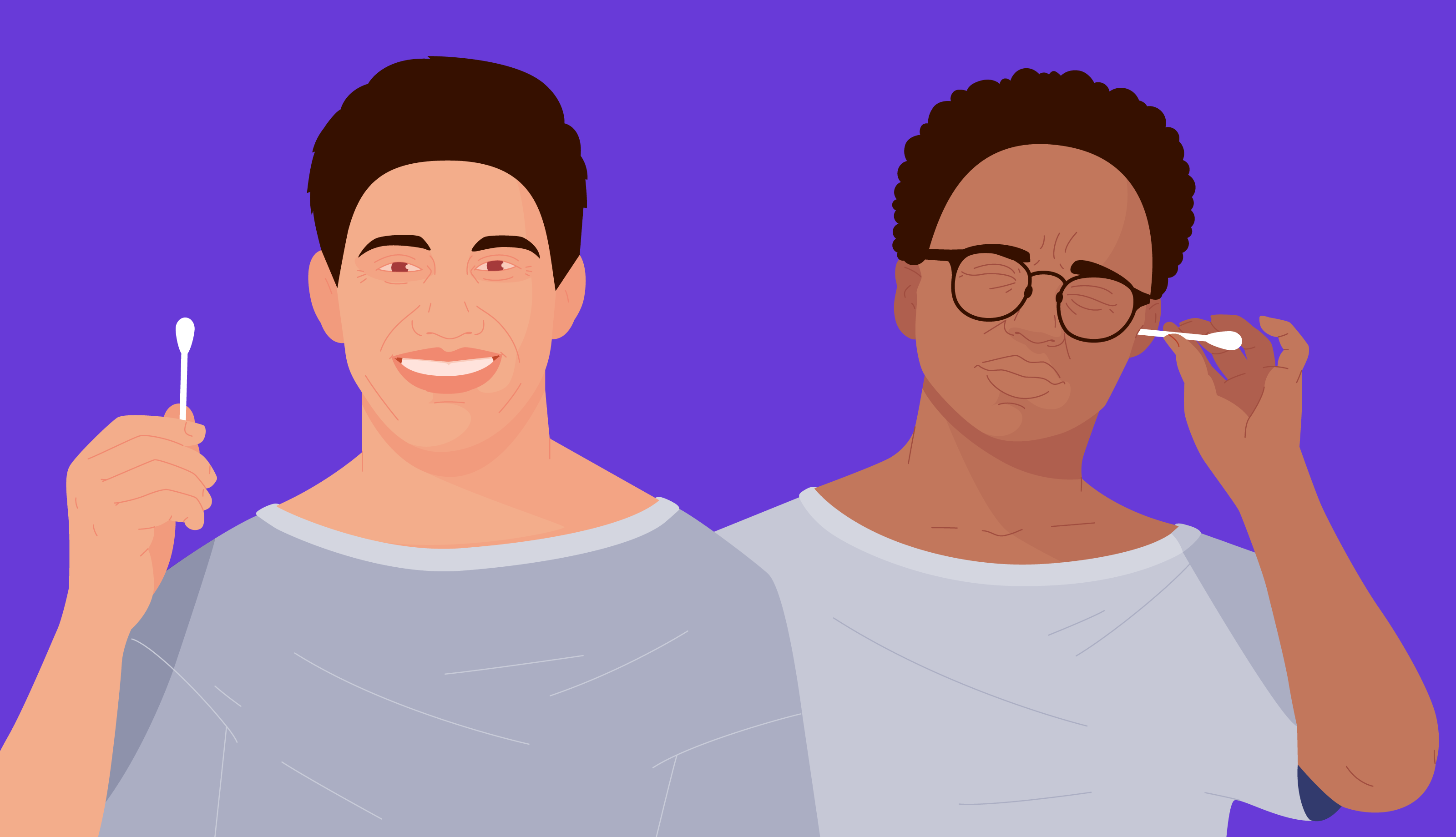If the sun or bright light makes you sneeze, it’s not an allergy, it’s ACHOO syndrome. Get the skinny on sun sneeze and photic sneeze reflex right here in this article.
Sun sneeze, or photic sneeze reflex, is a genetic condition which makes you sneeze when exposed to bright light (not just sunshine), whereas normal sneezing is caused by an irritant or an infection. Scientists call this unusual reaction autosomal dominant compelling helio-ophthalmic outburst, or ACHOO syndrome for short.
Table of contents
- What is photic sneeze reflex?
- Sun sneeze genes
- Other photic sneeze reflex triggers
- ACHOO syndrome health risks
- How to prevent sun sneeze?
Stop wondering why you sneeze when you look at the sun and find out what causes ACHOO syndrome, what your DNA has to do with it, and if there’s anything you can do to stop it.
What is photic sneeze reflex?
Also known as a sun sneeze, it can be triggered by any sudden bright light, including walking into the sunlight from a dark room, a camera flash, or shining an ophthalmoscope into the eye. Most people with ACHOO syndrome don’t react every time, and respond with three or fewer sneezes.
☝FACT☝ First discovered in the 1950s by Sedan, a French researcher, later studies found that the photic sneeze reflex is embedded in human DNA.
Sun sneeze genes
If the sun makes you sneeze, then it’s highly likely you’re displaying a genetically-determined photic sneeze response. This autosomal dominant trait is passed on from generation to generation.
If one of your parents is affected by sneeze sun reflex, there’s a 50% chance you will too. If both your parents have ACHOO syndrome, there’s a 75–100% chance that you will also develop photic sneeze reflex.
Photic sneeze is not caused by light itself, but by a change in light intensity that stimulates nerves in the facial cavity.
Several alleles, including the rs10427255 allele, increase a person’s probability of reacting to bright light with a sun sneeze. Nevertheless, this reaction to bright light is not well understood. One theory suggests that crossed pathways between the pupillary light reflex arc (eyes) and the sneezing reflex arc causes people to sneeze at the sun when first exposed.
Photic sneeze reflex and evolution

The photic sneeze response is a mysterious anomaly that does not seem to have a very valid evolutionary function. It has been suggested that sneezing helps clear the nasal passages in animals, which depend on scent for survival, and that the photic sneeze reflex may be a genetic hold-over from bygone days before civilisation.
☝TIP☝ If sneezing continues well after adjusting to the light and becomes a chronic problem, consult your doctor to rule out allergies and other problems.
Other photic sneeze reflex triggers
- eye injections
- deviated septum
- large meals
- spicy foods
Despite being an inherited condition, some other factors may trigger uncontrollable sneezing too. The sun sneeze reflex has also been identified as a reaction to periocular anaesthetic injections, in which a needle is inserted into the eye.
Having a deviated septum is also associated with the photic sneeze response. The septum is the bit of bone and cartilage that separates your nostrils.
And if you sneeze after eating spicy foods or a large meal, then you may have gustatory rhinitis. Having ACHOO syndrome increases the probability of a person developing sudden sneezing after eating.
Health risks associated with photic sneeze reflex

There are certain situations where the photic sneeze reflex can become dangerous, like driving a car. Some people find sneezing is triggered when they drive through a tunnel and as they come back into bright daylight, they successively sneeze.
Sudden and uncontrollable sneezing may pose a risk to pilots, military personnel, and people using heavy machinery. If you have ACHOO syndrome, exercise caution in environments where you may be exposed to sudden bright lights.
Eye injections may initiate sneezing. It’s important to let your ophthalmologist or eye doctor know you have or suspect you have ACHOO syndrome because sneezing during an eye procedure could result in eye damage.
Sneezing propulses nasal fluids rapidly out of the nose, and over several feet. During flu season and pandemics, remember to cover your nose and mouth with the crook of your elbow or a tissue to avoid spreading contaminants.
How to prevent sun sneeze?
There is no cure for ACHOO syndrome, but reducing your exposure to sudden changes in light intensity can help. In particular, doctors recommend wearing sunglasses or a hat to shield your eyes.
Summary
It may increase the risk of accidents for vehicle drivers and pilots when exposed to sudden bursts of light, but in general, it is a harmless condition. There is no cure for photic sneeze reflex, but wearing sunglasses or a hat can help. Just remember to cover your nose and mouth when you sneeze.
- Ahn, E, S et al. Sneezing Reflex Associated with Intravenous Sedation and Periocular Anesthetic Injection, 2008
- Dean, L. ACHOO Syndrome, 2012
- Everett, H, C. Sneezing in Response to Light, 1964
- OMIM. ACHOO Syndrome, 2020
- Semes, L, P., Amos, J, F and Waterbor, J, W. The Photic Sneeze Response: A Descriptive Report of a Clinic Population, 1995
- Songu, M and Cingi, C. Sneeze Reflex: Facts and Fiction, 2009
- Wang, M et al. A Genome-Wide Association Study on Photic Sneeze Reflex in the Chinese Population, 2019




















